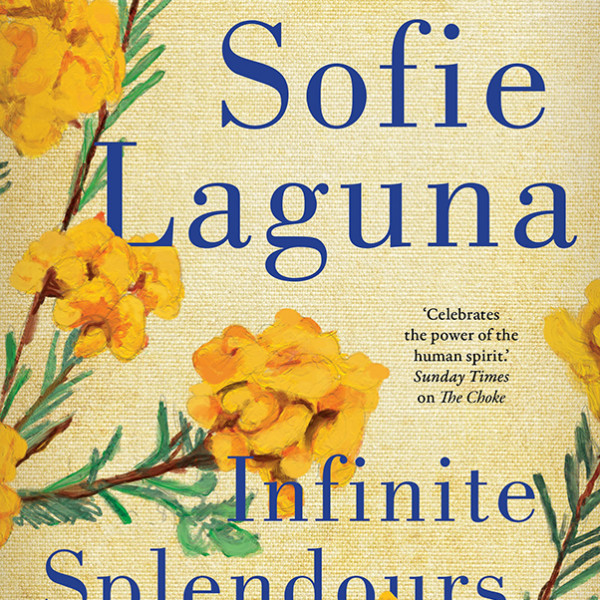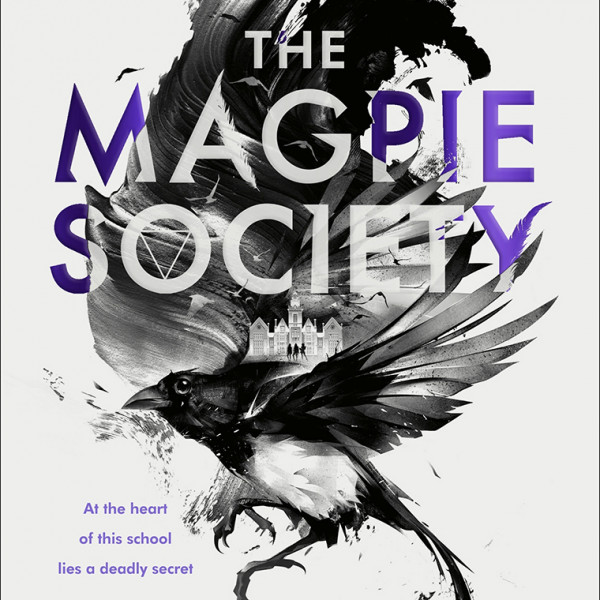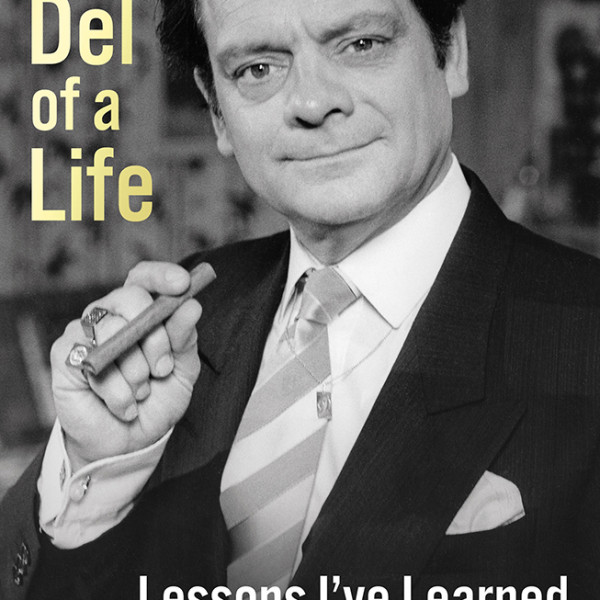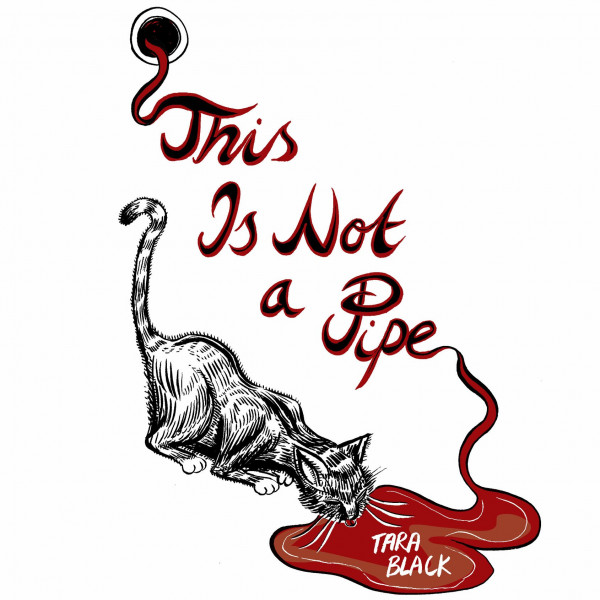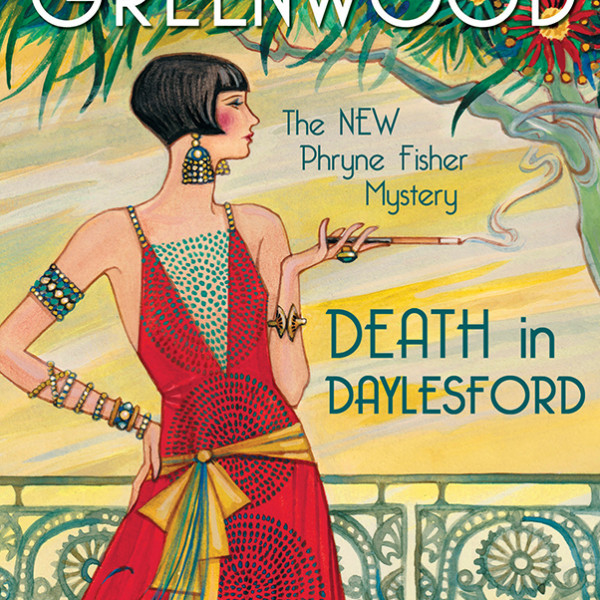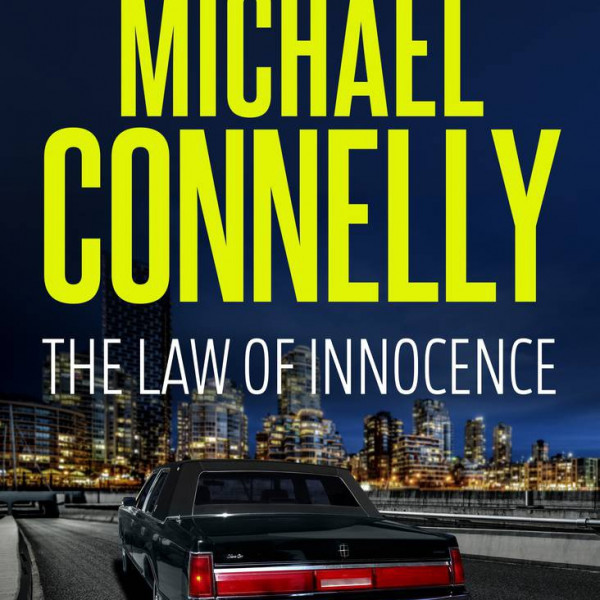
A Vase and a Vast Sea is a selection of work from some of New Zealand’s most accomplished poets. They all bring something different to the table, a unique experience or perspective.
You can tell that this collection is a labour of love from everyone involved; every poem seems to focus on small personal, intimate moments that the writers are allowing us a glimpse into.
Good poetry is meant to make you stop and think about what the poets are trying to say, and A Vase and a Vast Sea does that without any pretension. There were more than a few times when I had to stop, go back, and re-read a part of the book to figure out 100 percent what the author was saying.
What separates this book from its competition is its prose; each poem has a strong narrative that allows people who might not be familiar with poetry the chance to understand and appreciate it more. Not everyone ‘gets’ poetry, and some of us need that narrative to get into the author’s perspective. I think it has something to do with the concept of left-brained versus right-brained people; the idea that a person has certain characteristics based on which side of the brain is more dominant. A right-brained person is more creative, emotional, and spontaneous, while those who are left-brained are more ordered and logical.
While I’m not sure how much stock to put into that theory, I would say I definitely fall into the latter, so really appreciated A Vase and a Vast Sea’s narrative. I would have been lost without it, and while I could have muddled through, it probably wouldn’t have made the same impact on me that it did.
While poetry’s not my go-to genre, A Vase and a Vast Sea made me sit up and take notice, thinking and re-thinking about what was in front of me.





